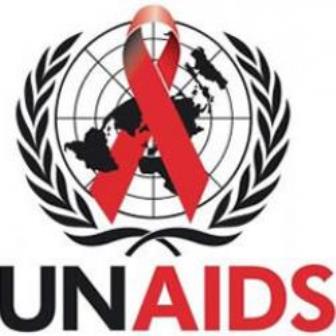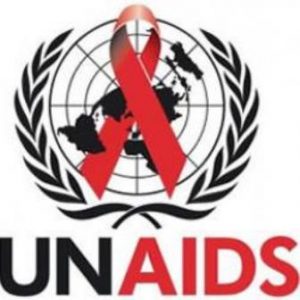• Also on reduction of HIV incidence between 2011 and 2016
GENEVA – The Joint United Nations Programme on HIV/AIDS (UNAIDS) has congratulated the Kingdom of Swaziland over findings showing that 73% of the country’s adult population living with HIV aged 15 years and older are virally suppressed.
The findings by the Swaziland HIV Incidence Measurement Survey (SHIMS 2) announced by Prime Minister Barnabas Sibusiso Dlamini today in Mbabane showed that 76% of adult women and 68% of adult men are virally suppressed .
The survey, part of the Public Health Impact Assessments (PHIA), was conducted with funding from United States President’s Emergency Plan for AIDS Relief (PEPFAR)
“Swaziland has demonstrated to the world that shared responsibility and global solidarity produces results,” said UNAIDS Executive Director, Michel Sidibé. “Working together with PEPFAR and partners, Swaziland is saving lives and on track to control the epidemic.”
SHIMS 2 findings on, viral load suppression among adults of 15 years and older of 73% affirms UNAIDS estimates of 68% [54%–77%]. Compared to the 2011 SHIMS1 survey which had a similar design, the survey results suggest that the rate of new HIV infections among adults (ages 18-49 years) has decreased by half from 2.5% in 2011 to 1.4% in 2016 (2.0% for adult women and 0.9% for adult men). This is similar to the decline in incidence among adult ages 15-49 as published by UNAIDS: from 2.5% [2.3%–2.6%] in 2011 to 1.7% [1.4%–2.0%] in 2016.
In 2016, UNAIDS estimated that 220 000 [200 000—230 000] people were living with HIV in Swaziland, and that new HIV infections were reduced from 12 000 [12 000—13 000] in 2011 to 8800 [7300—11 000] in 2016. Prevention of mother to child coverage in Swaziland has been between 90 and 100% since 2011 and was estimated to be 95% [81%–>95%] in 2016. As a result fewer than 1000 children became infected with HIV in Swaziland in 2016.
“UNAIDS welcomes the Swaziland PHIA results as further affirmation of the validity and accuracy of our modelling estimates.” said Mr Sidibé.
The data from the SHIMS2 are part of the PHIA, funded by PEPFAR and conducted by the U.S. Centers for Disease Control and Prevention (CDC) and ICAP at Columbia University’s Mailman School of Public Health. In addition to the Swaziland survey, similar data from Malawi, Zambia and Zimbabwe were gathered through critical household surveys, in collaboration with local governmental and non-governmental partners in 2016.
UNAIDS also congratulated PEPFAR for their unwavering commitment to the global AIDS response.
PEPFAR works with more than 50 countries, to maintain access to life-saving treatment, provide services for orphans and vulnerable children, ensure that the most vulnerable and key populations have access to services to prevent and treat HIV and accelerate progress toward the end of the AIDS epidemic.


